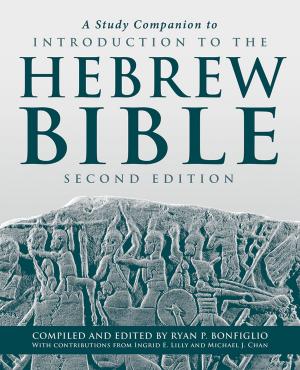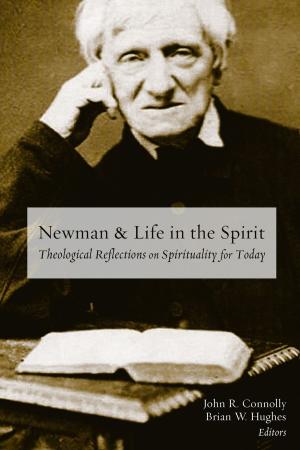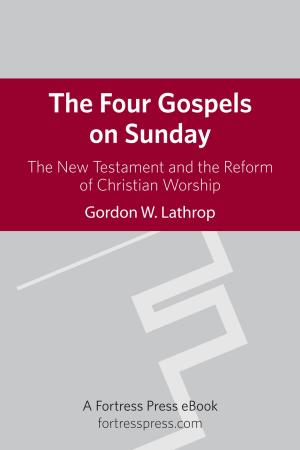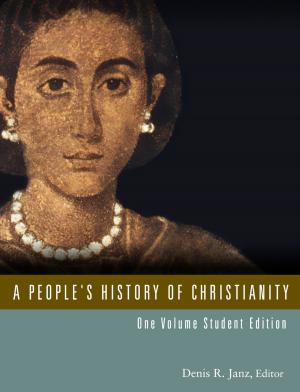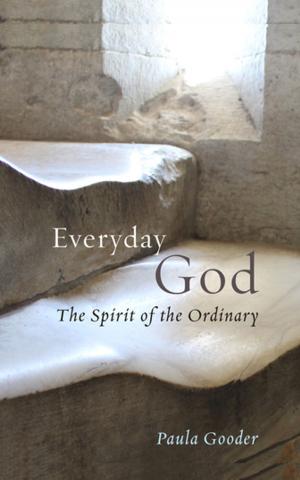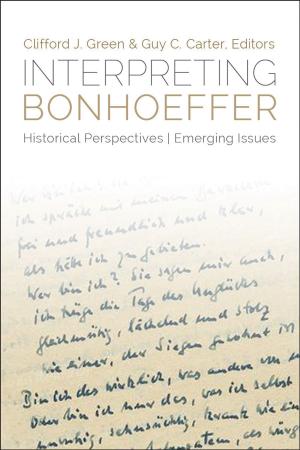Planetary Solidarity
Global Women's Voices on Christian Doctrine and Climate Justice
Nonfiction, Religion & Spirituality, Theology, Christianity| Author: | ISBN: | 9781506408934 | |
| Publisher: | Fortress Press | Publication: | September 1, 2017 |
| Imprint: | Fortress Press | Language: | English |
| Author: | |
| ISBN: | 9781506408934 |
| Publisher: | Fortress Press |
| Publication: | September 1, 2017 |
| Imprint: | Fortress Press |
| Language: | English |
Planetary Solidarity brings together leading Latina, womanist, Asian American, Anglican American, South American, Asian, European, and African woman theologians on the issues of doctrine, women, and climate justice. Because women make up the majority of the world’s poor and tend to be more dependent on natural resources for their livelihoods and survival, they are more vulnerable when it comes to climate-related changes and catastrophes. Representing a subfield of feminist theology that uses doctrine as interlocutor, this book ask how Christian doctrine might address the interconnected suffering of women and the earth in an age of climate change. While doctrine has often stifled change, it also forms the thread that weaves Christian communities together. Drawing on postcolonial ecofeminist/womanist analysis and representing different ecclesial and denominational traditions, contributors use doctrine to envision possibilities for a deep solidarity with the earth and one another while addressing the intersection of gender, race, class, and ethnicity. The book is organized around the following doctrines: creation, the triune God, anthropology, sin, incarnation, redemption, the Holy Spirit, ecclesiology, and eschatology.
Planetary Solidarity brings together leading Latina, womanist, Asian American, Anglican American, South American, Asian, European, and African woman theologians on the issues of doctrine, women, and climate justice. Because women make up the majority of the world’s poor and tend to be more dependent on natural resources for their livelihoods and survival, they are more vulnerable when it comes to climate-related changes and catastrophes. Representing a subfield of feminist theology that uses doctrine as interlocutor, this book ask how Christian doctrine might address the interconnected suffering of women and the earth in an age of climate change. While doctrine has often stifled change, it also forms the thread that weaves Christian communities together. Drawing on postcolonial ecofeminist/womanist analysis and representing different ecclesial and denominational traditions, contributors use doctrine to envision possibilities for a deep solidarity with the earth and one another while addressing the intersection of gender, race, class, and ethnicity. The book is organized around the following doctrines: creation, the triune God, anthropology, sin, incarnation, redemption, the Holy Spirit, ecclesiology, and eschatology.



